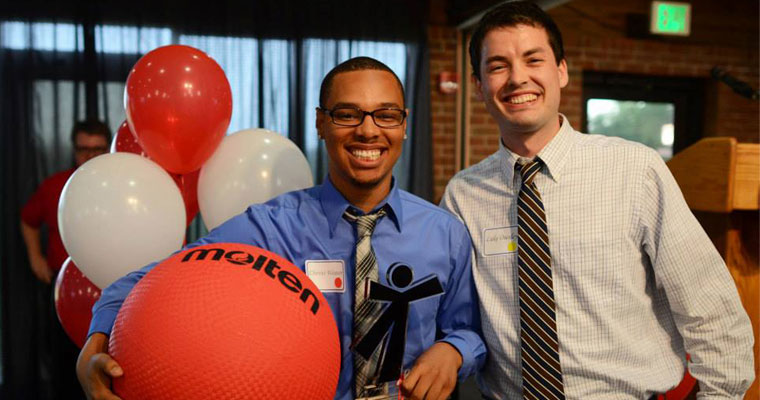A typical job shadow experience for a student is a half-work day, often beginning or ending with lunch.
Orientation
Begin the day with an overview of your workplace. Discuss how you spend a typical day and how your personal objectives support the overall organization.
Tour
Give the student a tour of the facility.
Introductions
While touring, take the opportunity to introduce your student to other workers. This will allow you to show multiple aspects of the operation and how different occupations within the workplace are all key to the overall operation.
Skills
The best job shadow experiences help a student interpret how their current day to day learning is preparing them for their future career. Discuss the skills you use every day – both skills you have learned throughout your career and those skills that began in high school.
Education
Describe your educational path. Compare and contrast it with what is typical of your colleagues. Does your degree directly relate to your job? Great – then talk up your alma mater. Does your degree not relate? That’s ok, too. Talk about the path that brought you to where you are today.
Observation
You do not need to entertain your student all day. It is preferred that you do your regular work tasks while the student is with you. Do describe what you are doing, but do not feel the need to narrate all day. It took you years to understand your job fully, so you don’t need to explain it all in a day!
Be Hands-on
If it is prudent and safe, allow the student to participate in some of your work with you. If you have a meeting, allow the student to tag along. (You may need to remind them of the unwritten rules of meetings, but you’d do that for anyone new you brought in, right?)
Wrapping Up
At the end of your time, be sure to reflect with the student on how the day went. Share observations on how the student might be a good fit for your occupation. Allow time to ask questions, and be prepared with a few of your own to get your student thinking about a future in your career field.
Hosting a job shadow student can be an excellent way to give you a fresh perspective about your career. It’s typical to plan that you lose about an hour and a half of productivity on the day of a job shadow, but what you gain goes beyond simple productivity.
By hosting a high school student for half the day, you are giving back to the community and sharing your expertise.


